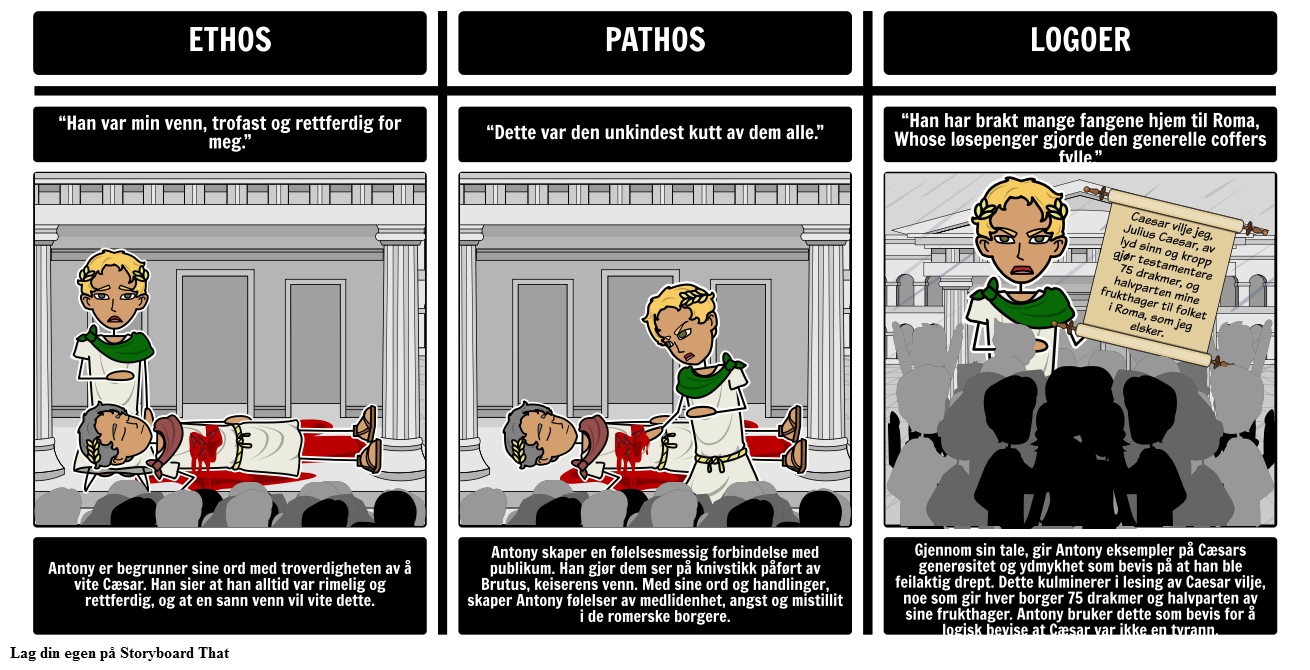
69 (3 July 1753) in The Works of Samuel Johnson (1837) edited by Arthur Murphy, p.

#Julius cesar last words pro#
Consuesse enim deos immortales, quo gravius homines ex commutatione rerum doleant, quos pro scelere eorum ulcisci velint, his secundiores interdum res et diuturniorem impunitatem concedere.Of all these, the Belgae are the bravest/strongest.1 these are the first words of De Bello Gallico, the whole sentence is "All Gaul is divided into three parts, one of which the Belgae inhabit, the Aquitani another, those who in their own language are called Celts, in ours Gauls, the third." Gallia est omnis divisa in partes tres.They surrender Vercingetorix, and lay down their arms. Reported as Caesar's last words, spoken to Marcus Junius Brutus, as recorded in Divus Iulius by Suetonius, paragraph 82 this gave rise to William Shakespeare's famous adaptation in Julius Caesar: "Et tu, Brute? - Then fall, Caesar!"ĭe Bello Gallico He seated himself at the head of the lines in front of the camp, the Gallic chieftains are brought before him.As reported in Plutarch's Anthony' William Shakespeare adapted this in having Caesar declare Cassius as having "a lean and hungry look.".It is not the well-fed long-haired man I fear, but the pale and the hungry looking.
#Julius cesar last words trial#
His declaration as to why he had divorced his wife Pompeia, when questioned in the trial against Publius Clodius Pulcher for sacrilege against Bona Dea festivities (from which men were excluded), in entering Caesar's home disguised as a lute-girl apparently with intentions of a seducing Caesar's wife as reported in Plutarch's Lives of Coriolanus, Caesar, Brutus, and Antonius by Plutarch, as translated by Thomas North, p.Variant: First in a village rather than second in Rome.On passing through a village in the Alps, as attributed in Parallel Lives, by Plutarch, as translated by John Langhorne and William Langhorne (1836), p.I assure you I had rather be the first man here than the second man in Rome.The Civil War, Book III, 68 variant translation: "In war, events of importance are the result of trivial causes.".Fortune, which has a great deal of power in other matters but especially in war, can bring about great changes in a situation through very slight forces.Sed fortuna, quae plurimum potest cum in reliquis rebus tum praecipue in bello, parvis momentis magnas rerum commutationes efficit ut tum accidit.



He declared in Greek with loud voice to those who were present 'Let the die be cast' and led the army across. A contrasting account from Plutarch, Life of Pompey, 60.2.9:.By crossing the river, he had committed an invasion of Italy. The Rubicon river was the boundary of Gaul, the province Caesar had the authority to keep his army in. Said when crossing the river Rubicon with his legions on 10 January, 49 BC, thus beginning the civil war with the forces of Pompey.As quoted in Vita Divi Iuli (121 CE) by Suetonius, paragraph 33 ( Caesar.Inscription on the triumphal wagon reported in The Twelve Caesars by Suetonius, as translated by Robert Graves (1957).Variant translation: Came, Saw, Conquered.This is also reported to have been inscribed on one of the decorated wagons in the Pontic triumph in Lives of the Twelve Caesars, Julius, by Suetonius in Latin ( veni, vidi, vici). Written in a report to Rome 47 B.C., after conquering Pharnaces at Zela in Asia Minor in just five days, as quoted by Plutarch in Life of Caesar, a work written in Greek ( ἦλθον, εἶδον, ἐνίκησα). Fortune, which has a great deal of power in other matters but especially in war, can bring about great changes in a situation through very slight forces. Quotes Men willingly believe what they wish.


 0 kommentar(er)
0 kommentar(er)
